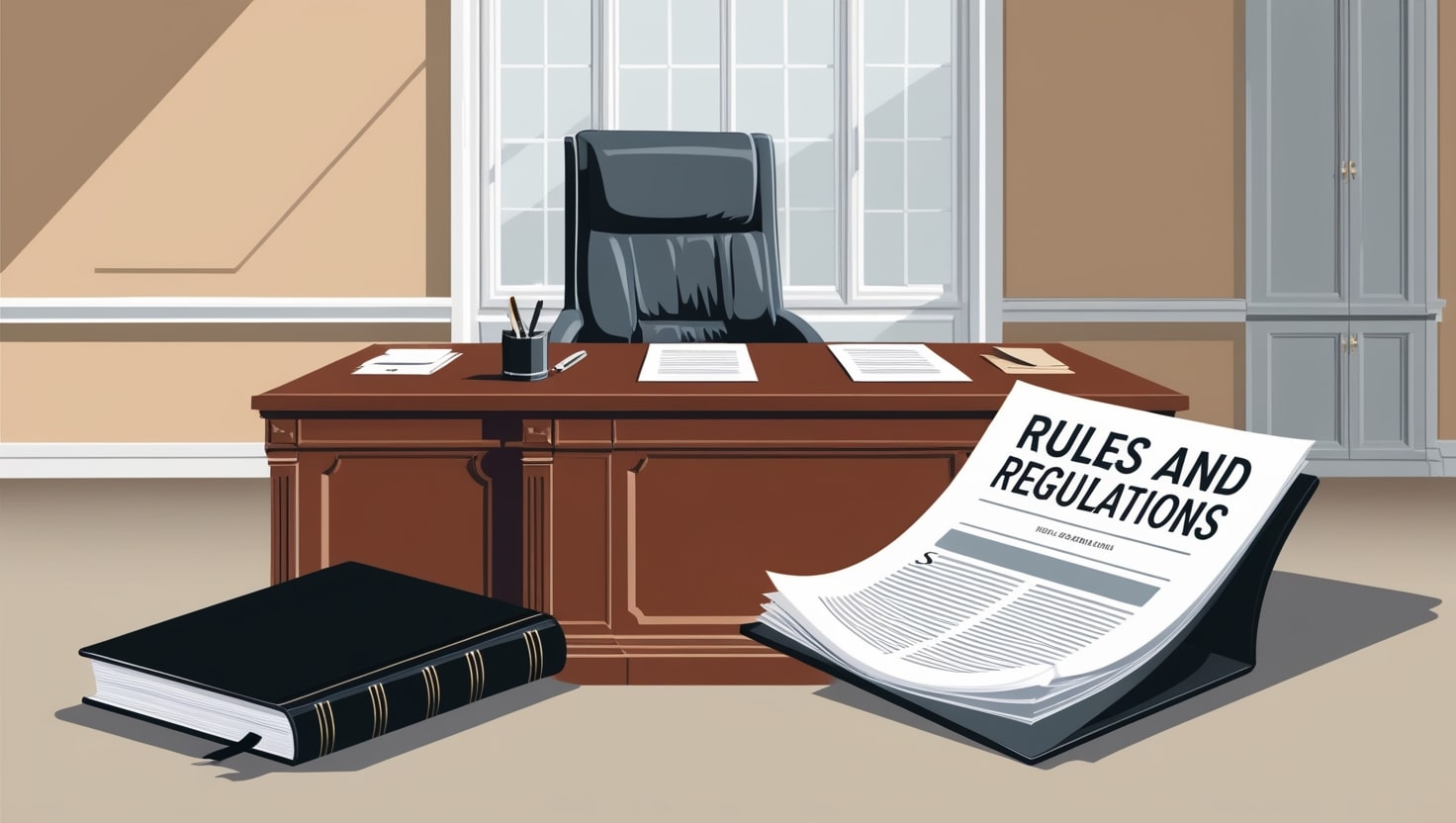Washington, United States Airbnb Rules & Regulations
Last updated on: 4th July, 2025


Last updated on: 4th July, 2025

Airbnb Regulations in Washington, D.C.
Washington, D.C. has established a set of stringent regulations governing short-term rentals such as those listed on Airbnb. Effective October 1, 2019, new laws delineate the framework for property owners looking to participate in the home-sharing market, emphasizing compliance and accountability.
Primary Residence Requirement: Hosts can only rent out their primary residence, and they are limited to renting a single home. Renting out additional properties or listing non-primary residences for more than 30 days is prohibited.
Licensing and Registration: To operate legally, hosts must register their properties as a business with the city and obtain a short-term rental or vacation rental license, depending on whether they will be onsite during rentals. The registration process includes providing proof of liability insurance, obtaining a Certificate of Clean Hands, and a completed attestation form if part of an association.
Nightly Limitations: Hosting through a vacation rental license is restricted to a maximum of 90 nights per year when the host is not present. For other forms of rentals where the host is onsite, no limitations apply.
Taxation: Short-term rental hosts must collect a total of 14.5% in local taxes (including sales and occupancy taxes) from guests, which Airbnb collects and remits on behalf of the hosts.
Compliance and Penalties: Non-compliance with these regulations can lead to significant fines, ranging from $500 for the first infraction to $6,000 for repeat violations. Additionally, hosts must ensure their properties meet safety requirements, including the installation of smoke detectors and maintaining liability insurance.
Additional Requirements: Rental guests are prohibited from using residential parking permits, and hosts must adhere to local zoning laws and any relevant condominium or homeowner association rules.
By adhering to these regulations, hosts can mitigate risks and contribute positively to D.C.'s burgeoning short-term rental market. As the legal landscape can frequently change, it's imperative for hosts to remain informed and compliant with the most current laws.